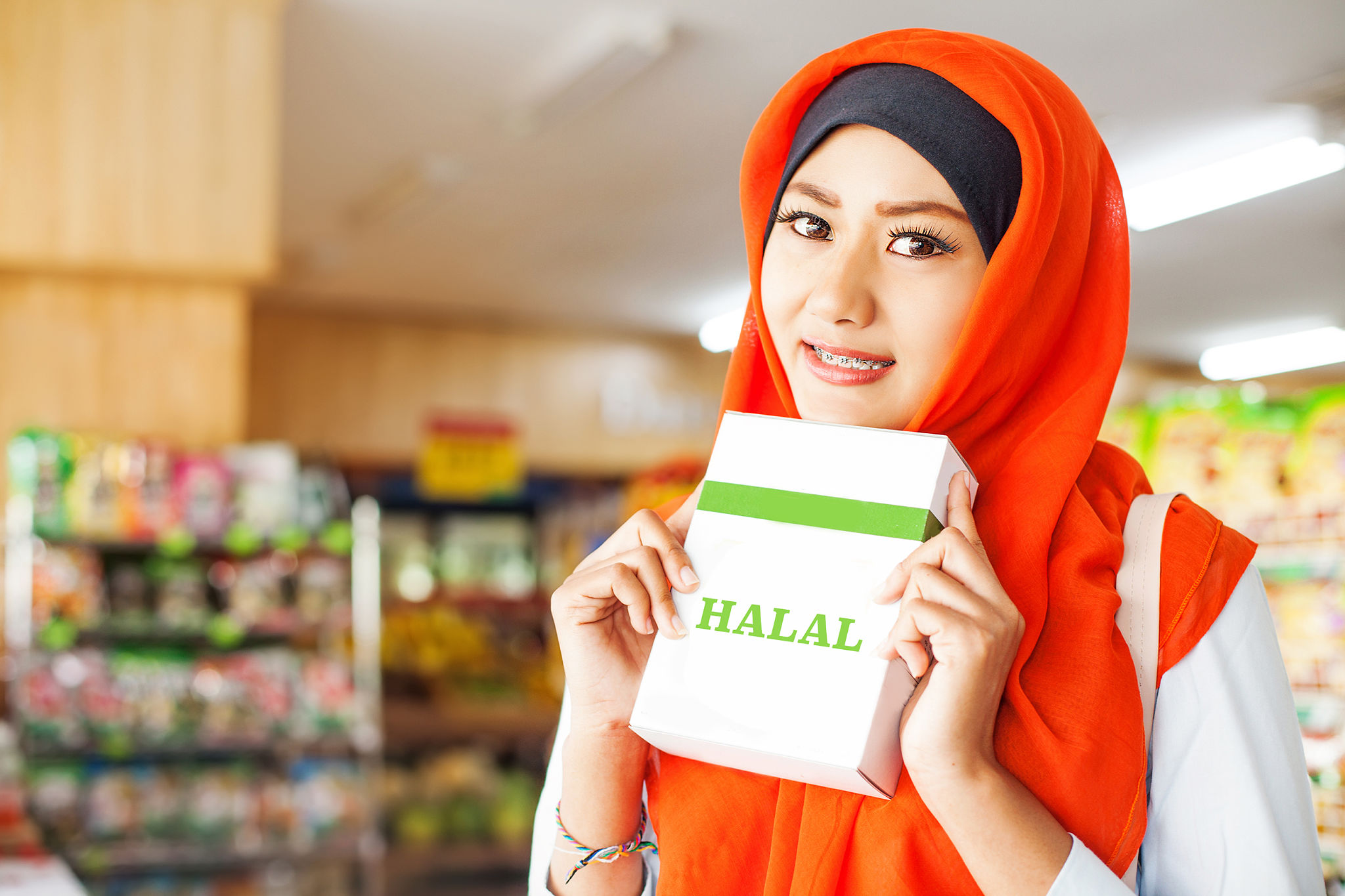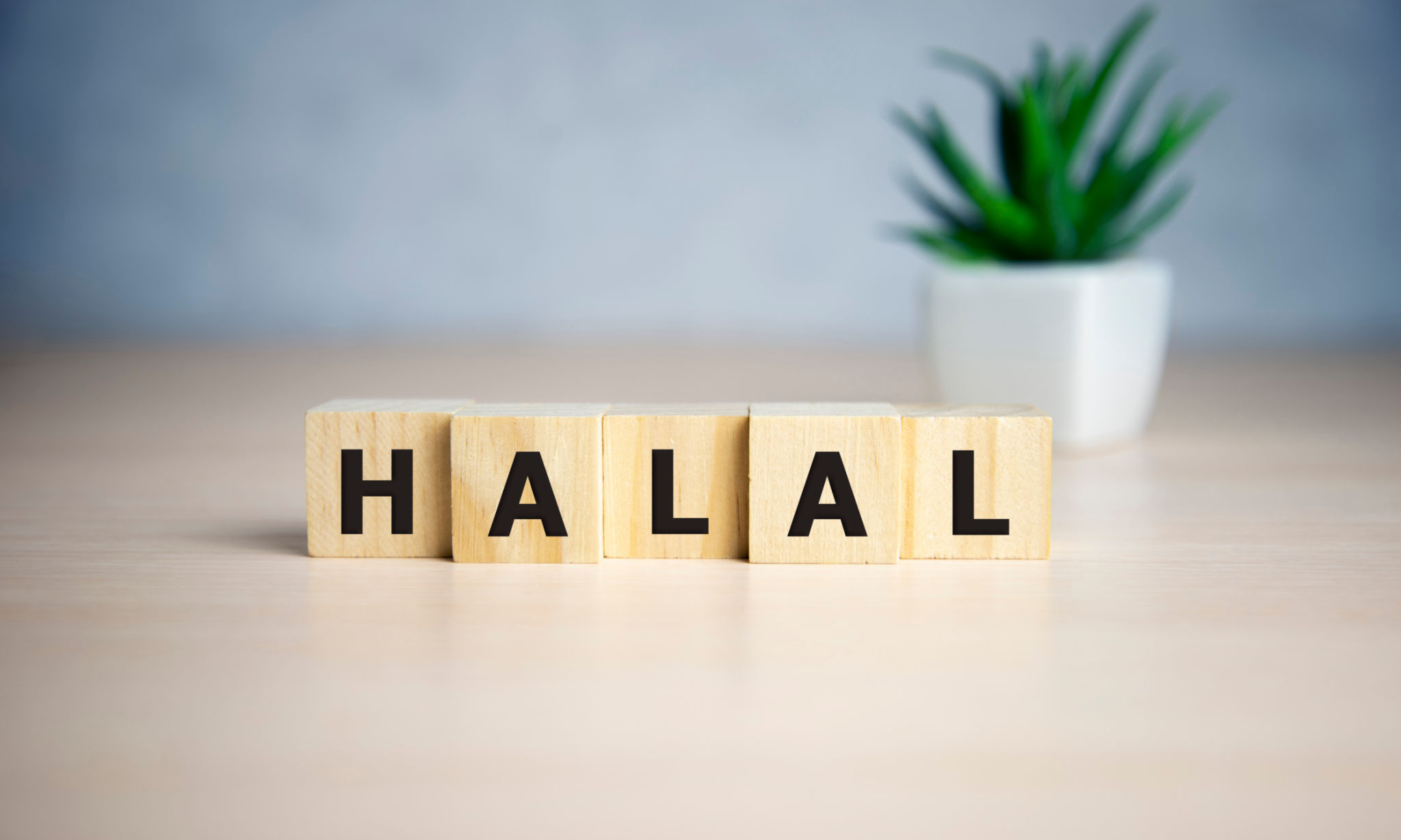Understanding What Makes a Grocery Store Halal
Introduction to Halal Grocery Stores
Understanding what makes a grocery store halal is essential for consumers who follow Islamic dietary laws. The term "halal" refers to what is permissible or lawful in traditional Islamic law, particularly concerning food and drink. As the demand for halal products increases, many grocery stores are adapting to meet the needs of their diverse customer base.

What Does Halal Mean?
The word "halal" originates from Arabic and signifies anything that is permitted or lawful. In the context of food, it refers to items that are permissible according to Islamic law. Halal food laws are derived from the Quran and the teachings of the Prophet Muhammad, and they outline the types of food that Muslims can consume and the methods of preparation that are acceptable.
Key Components of Halal Food
Halal food must adhere to specific guidelines. The primary components include:
- Animals must be slaughtered in the name of Allah.
- The animal must be healthy at the time of slaughter.
- All blood must be drained from the veins.
- Food must not contain any pork or pork products.
- Alcohol and intoxicants are prohibited.
Characteristics of a Halal Grocery Store
A halal grocery store ensures that all its offerings comply with Islamic dietary laws. This includes a wide range of products, from meat and dairy to packaged goods and fresh produce. The store often sources its products from certified halal suppliers to guarantee authenticity.

Certification and Labeling
One of the critical aspects of halal grocery stores is certification. Reliable halal certification involves a thorough inspection by a recognized Islamic authority, which ensures that all food handling processes comply with halal standards. Products in these stores often carry a halal label or certification mark, giving consumers confidence in their purchases.
The Growing Demand for Halal Products
The demand for halal products is not limited to Muslim consumers alone. Many people choose halal food for its ethical considerations and health benefits. Halal meat, for example, is often perceived as cleaner and healthier due to the specific slaughtering process, which aims to remove harmful bacteria from the meat.

Catering to Diverse Communities
Grocery stores that offer halal products cater to a diverse clientele. By providing halal options, they acknowledge the cultural and religious needs of various communities, fostering inclusivity and respect. This approach not only broadens the customer base but also strengthens community ties.
Conclusion
Understanding what makes a grocery store halal involves recognizing the importance of adhering to Islamic dietary laws and ensuring product authenticity through proper certification. As the demand for halal products grows, more stores are embracing these principles, offering diverse and inclusive shopping experiences. Whether you follow halal dietary laws or not, knowing what goes into making a grocery store halal can enhance your appreciation of cultural diversity and ethical consumption.